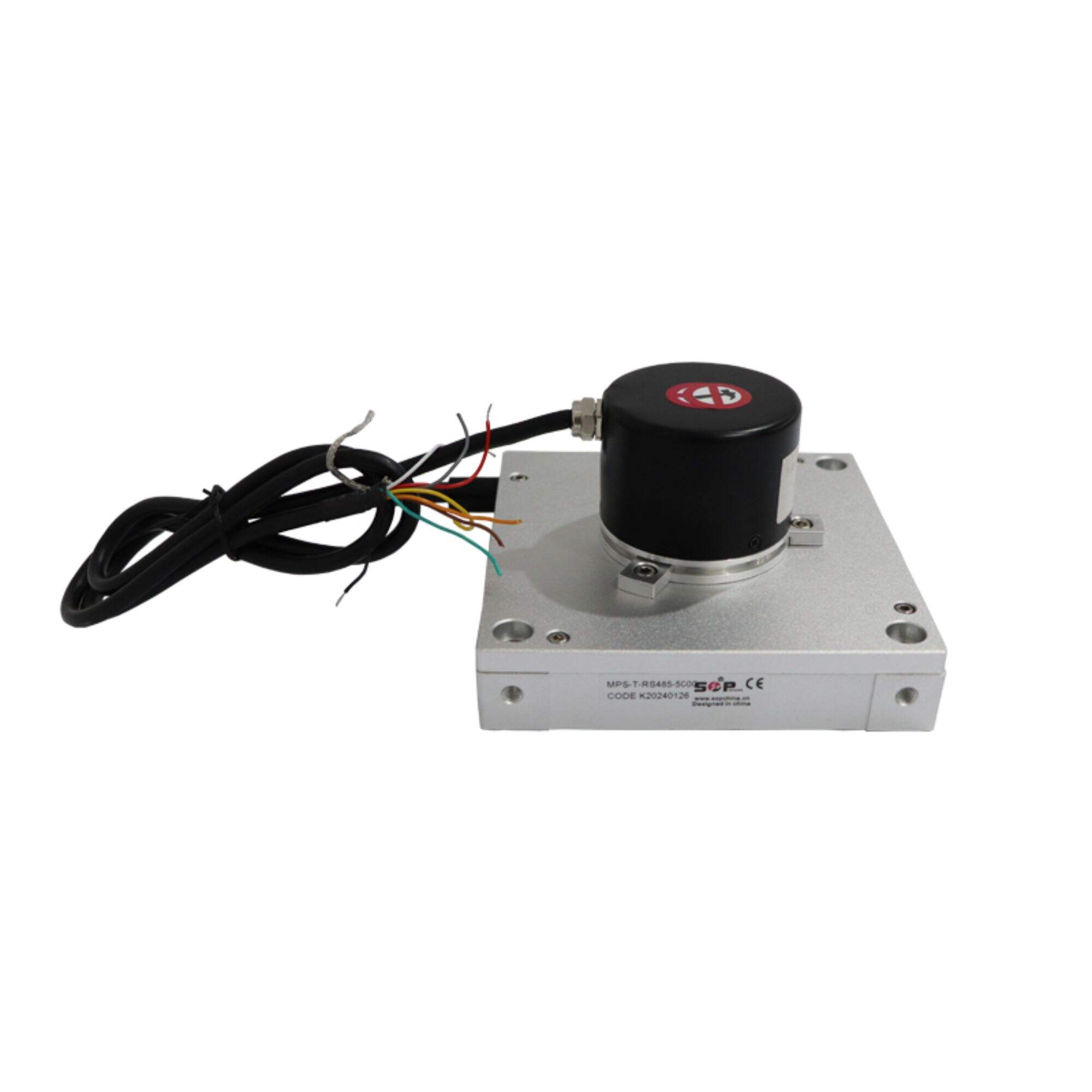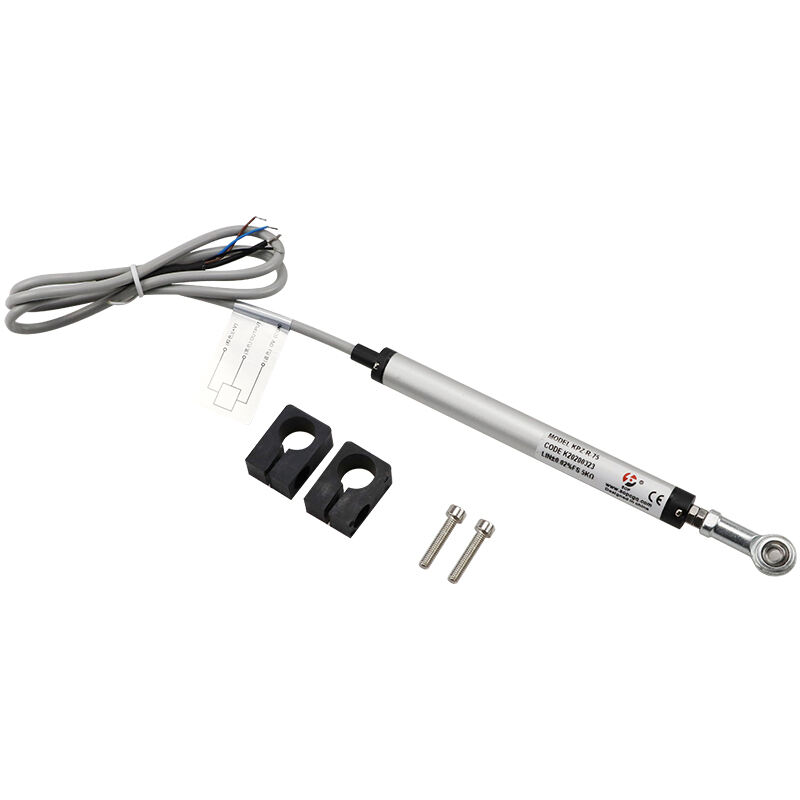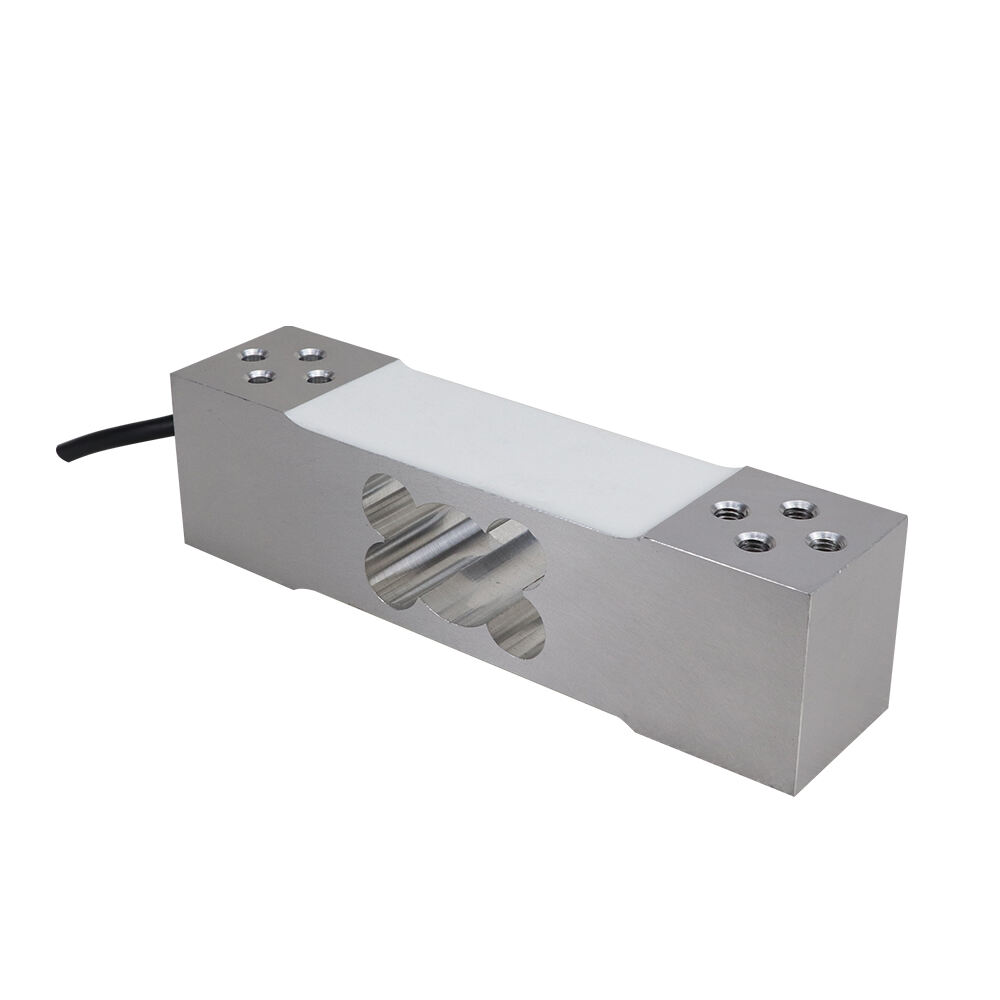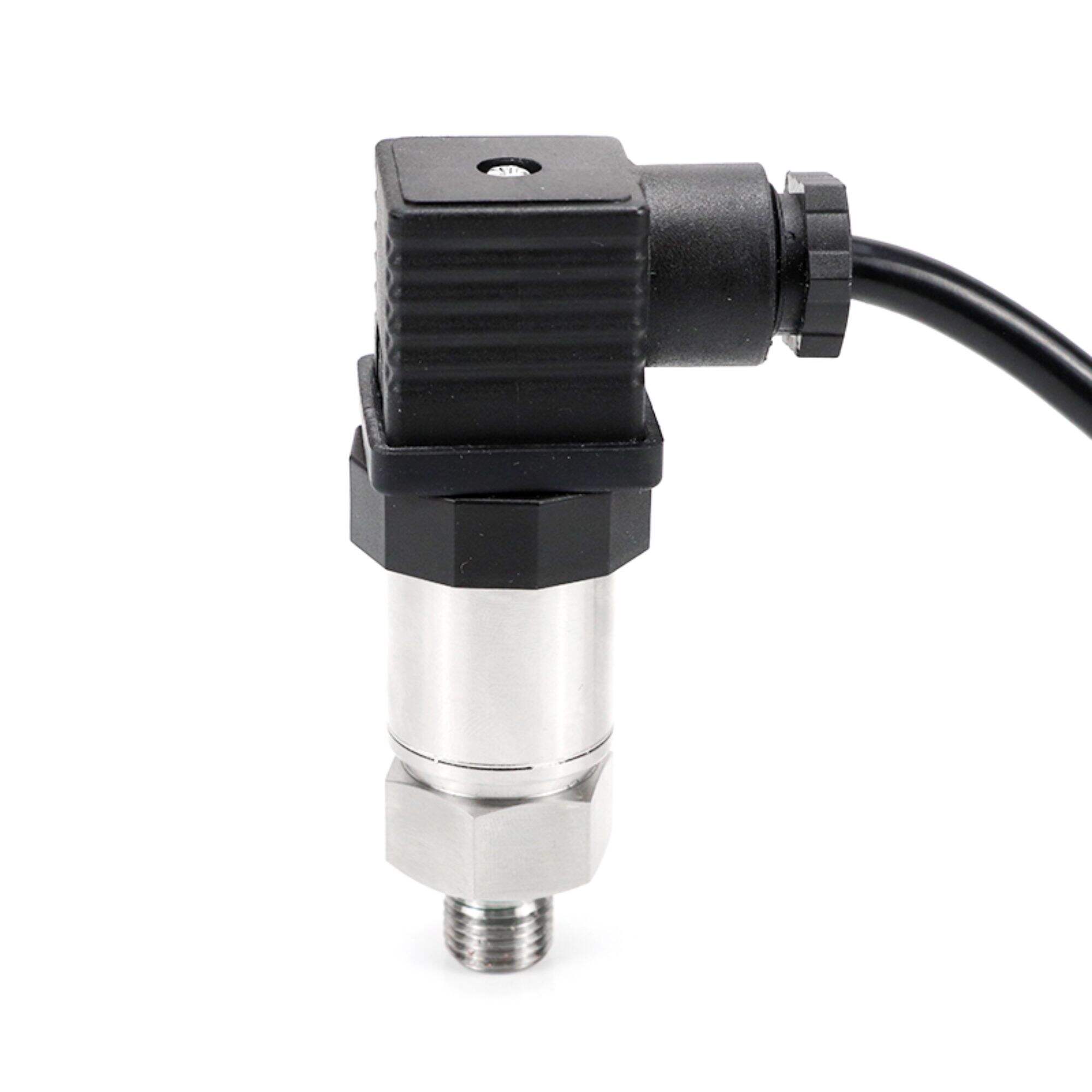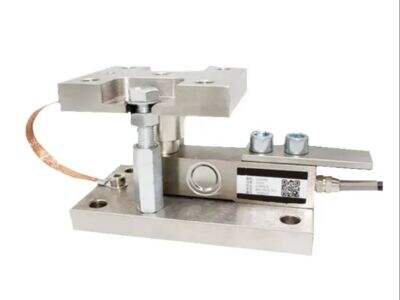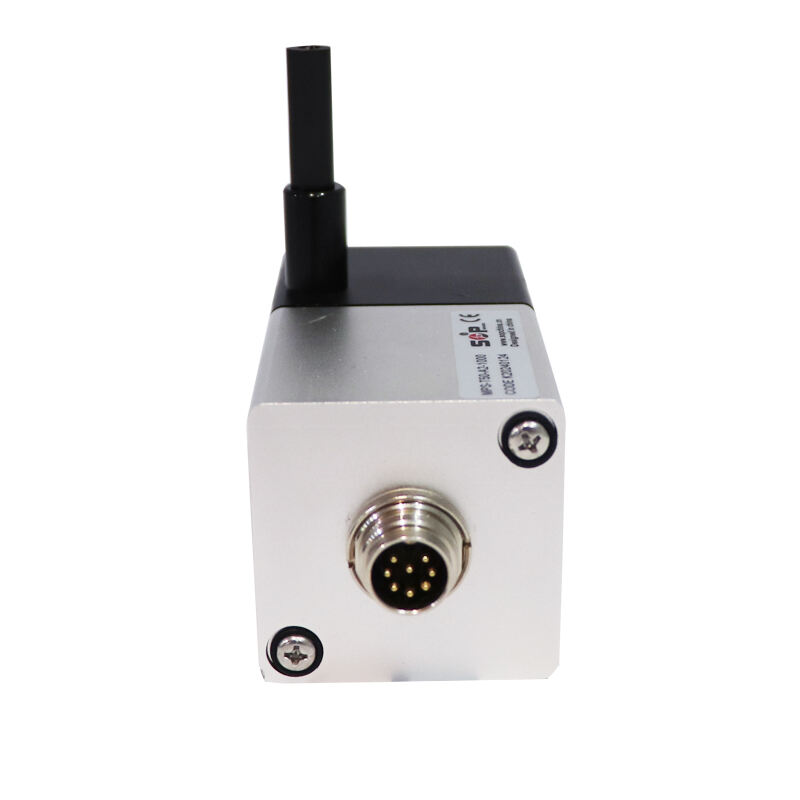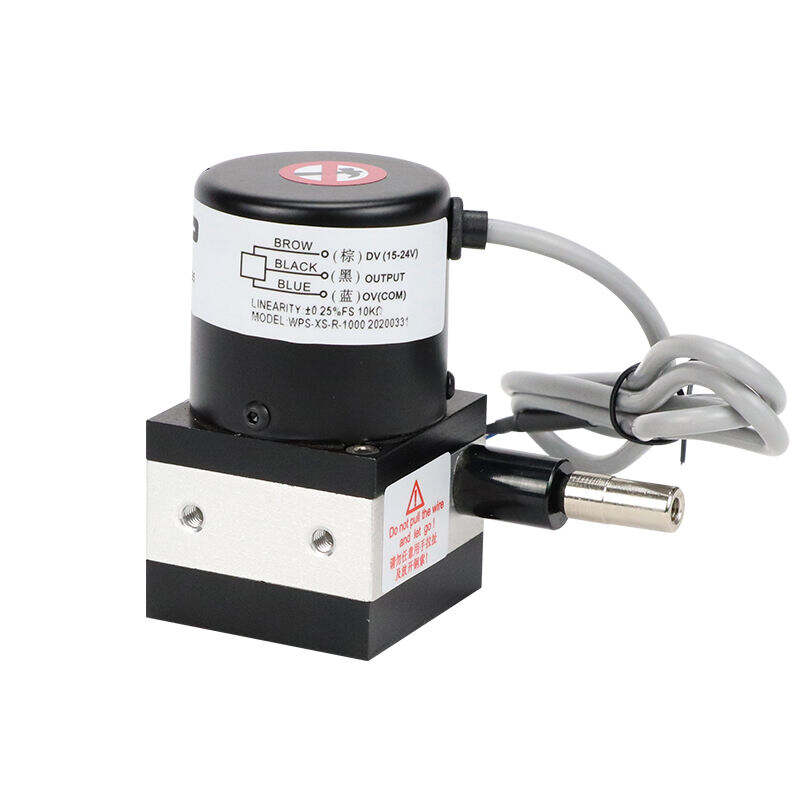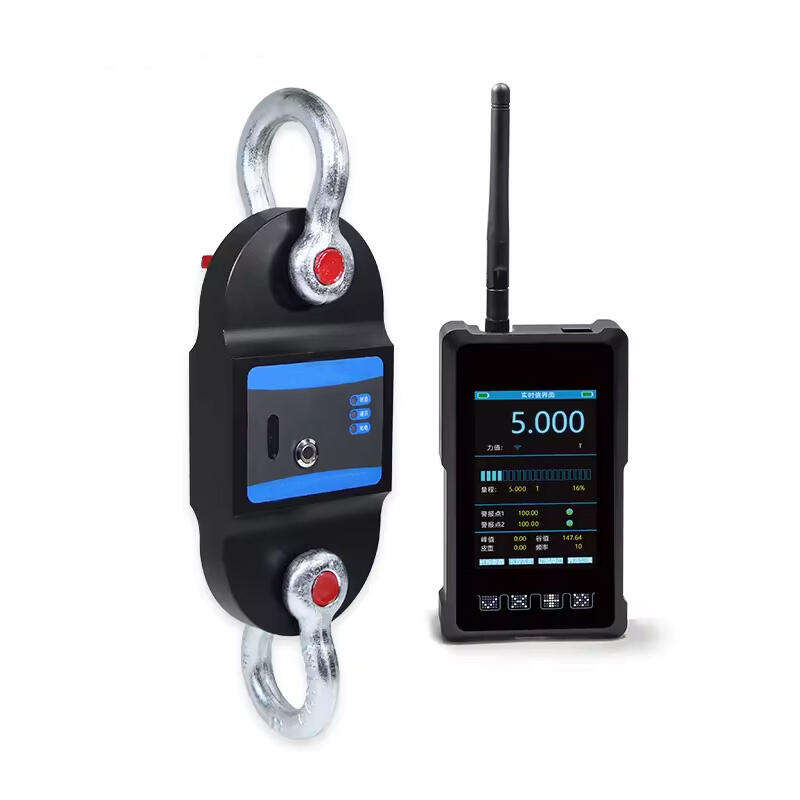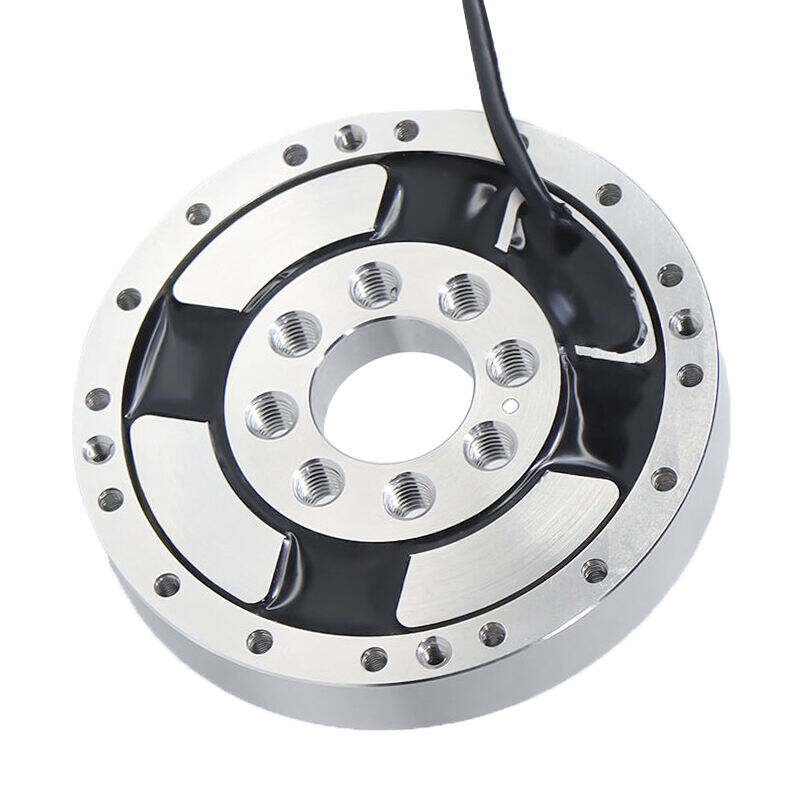non contact rotary torque sensor
A non contact rotary torque sensor represents a sophisticated measurement device designed to evaluate rotational force without physical contact between its primary components. This innovative technology utilizes magnetic or optical principles to measure torque in rotating systems, offering unprecedented accuracy and reliability in various industrial applications. The sensor consists of two main parts: a rotor attached to the rotating shaft and a static sensor housing that detects the torque-induced changes. By eliminating mechanical contact, these sensors significantly reduce wear and maintenance requirements while providing real-time, precise torque measurements. The technology employs advanced electromagnetic principles or optical encoding methods to convert mechanical torque into electrical signals, enabling accurate digital output for monitoring and control systems. These sensors can operate effectively across a wide range of speeds and torque values, making them ideal for applications in automotive testing, industrial machinery, aerospace systems, and research facilities. The non contact design ensures minimal interference with the measured system, resulting in more accurate readings and extended operational life compared to traditional contact-based sensors. Modern versions often include integrated temperature compensation, digital signal processing, and various output options to suit different control system requirements.

